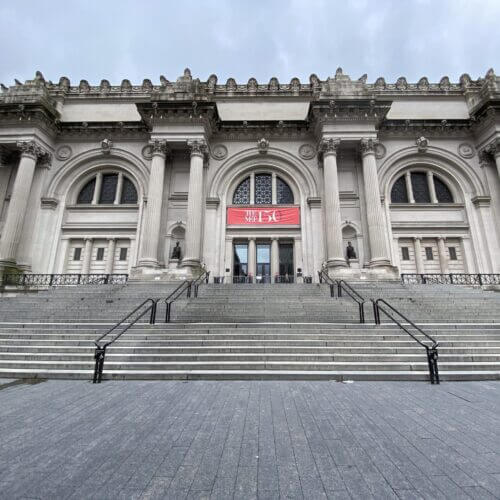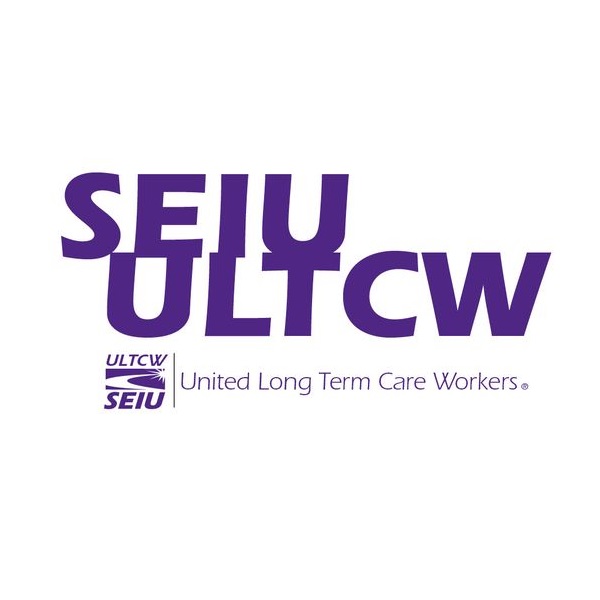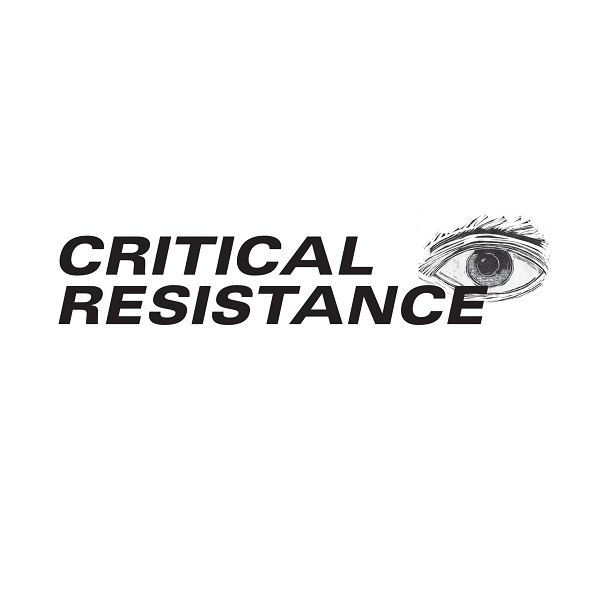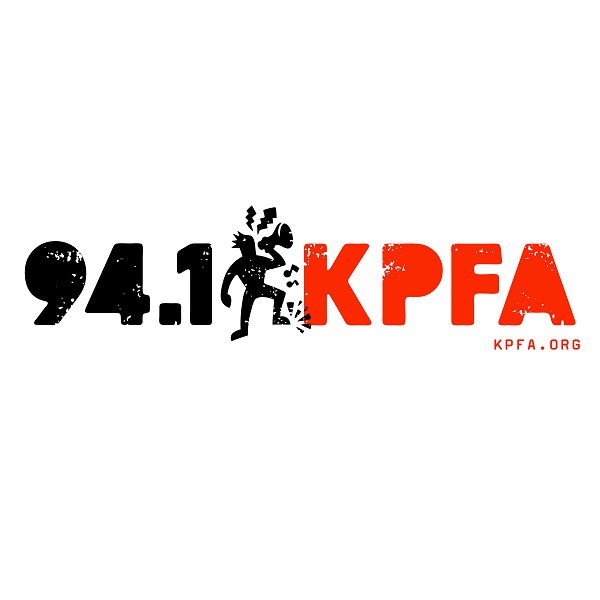(Part 1 of 3 posts)
Most people concerned about education today (teachers, parents, and students) admit this country uses at least two systems, which they usually define as public vs. private schools.
But the vast majority believe both systems have the same goal, preparing students for colleges and universities, which in turn will prepare them for well-paying jobs (preferably in large corporations or well-endowed institutions). Proponents of private schools also may endorse exposing students to other cultures and the arts as desirable goals, not primarily because they’re worthwhile in themselves, but because it will increase students’ competitive edge in the job market.
This is a very different attitude from the one promoted by our “founding fathers”:
“The science of government it is my duty to study, more than all other sciences; the arts of legislation and administration and negotiation ought to take the place of, indeed exclude, in a manner, all other arts. I must study politics and war, that our sons may have liberty to study mathematics and philosophy. Our sons ought to study mathematics and philosophy, geography, natural history and naval architecture, navigation, commerce and agriculture in order to give their children a right to study painting, poetry, music, architecture, statuary, tapestry and porcelain.”
― John Adams, Letters of John Adams, Addressed to His Wife
There’s not much of a push for tapestry and porcelain classes in high schools these days, although the big bump for music and poetry probably has salvaged what little sanity is left. (More about the latter subject in the next post.)
But this post is to alert readers to two amazing speeches, available free online, that will alarm, comfort, and/or not only astound you, but may completely change your concept of what we should be teaching, and aren’t!
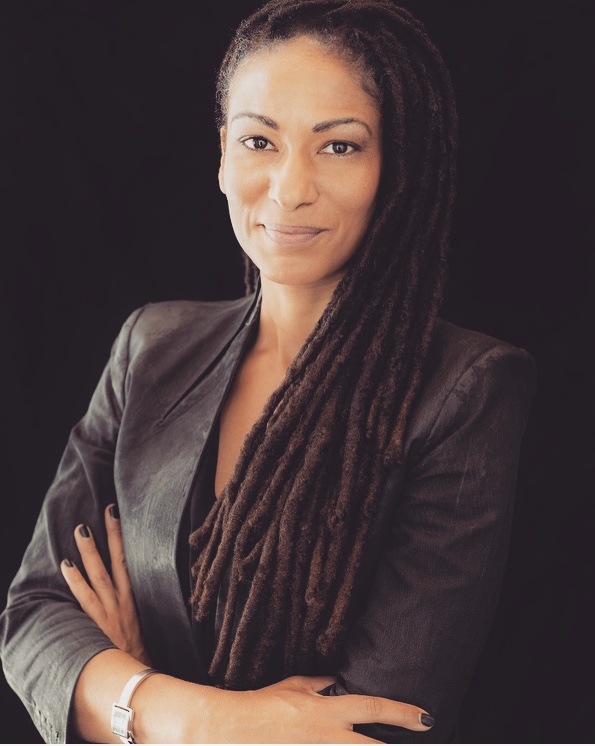
The first is by Ruha Benjamin, Associate Professor of African American Studies and the Center for Health and Wellbeing at Princeton University.
Her work is a passionate investigation of the social dimensions of science, technology, and medicine, and it’s primary focus is the tension between innovation and inequity. I had the privilege of hearing her speak recently and she’s as passionate and accomplished as she is brilliant.
The talk I want to focus on here, “Incubate a Better World in the Minds & Hearts of Students,” was her keynote speech in 2016 for ISTE, the International Society that sets the standards for the use of technology in teaching and learning.
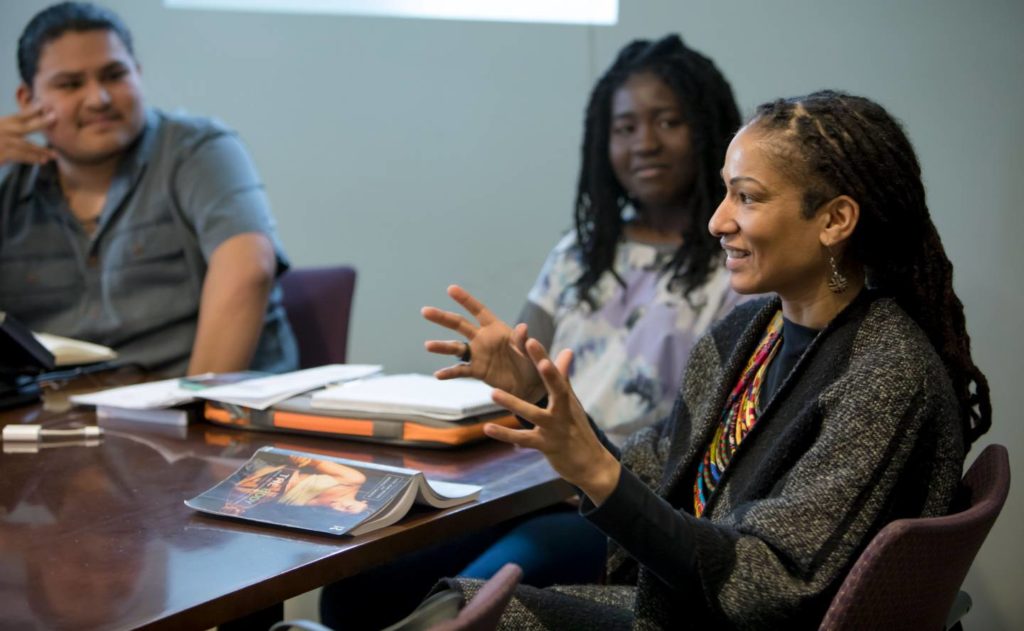
Some of my favorite quotes are
“Awakening will come just as much from a poem as from a petri dish.”
“Children today live in parallel realities, where some are nurtured, and others crushed.”
“Adopting technology without wrestling with its parallel apartheid-like reality ensures than 10, 20, 30 years from now the gap in educational opportunity and life outcomes will be even wider than today. To do nothing is to choose the default settings of this failing system.”
There’s certainly no plan to channel more and more egalitarian forms of social organization or improving the quality of our relationships with one another in the keynote speech given by Patrick Schwerdtfeger at Protiviti in San Francisco in June, 2017. It’s chock-full of facts about big data, artificial intelligence, machine learning, exponential technologies and disruptive innovation which he praises for invalidating existing business models.
The case histories and success stories he uses to explain the technology trends reshaping our world are fascinating, appalling, and completely devoid of moral concerns, although token acknowledgement that millions will becomes displaced and jobless crops up now and then.
He completely overlooks the devasting effects on health and the environment of the accelerated technology that he’s lauding, which he admits is mindboggling, although he has two basic cautions. The first is that this massive disruption will create Winners and Losers, so make sure you’re one of the Winners.
He explains that the way to do this is by seeking out niches that come “from the fringe,” “from adjacent, overlapping business models” that “almost always come from the least profitable segment.” These will “invalidate current business models” and he has no problem with these being online marketing in online gambling and online porn.
“The leading edge of nutritional supplements is in horse racing because it’s not regulated! “Horses who are not winning often enough are used to test supplements that might give them an edge” like creatine and D3.”
But his last recommendation turns out to be his primary message. Ironically it’s totally valid and sorely missing in secondary public education, and politics. It’s about leadership:
“You have to be willing to budget for failure, to try new things. If you know [an experiment] is going to work, it’s not an experiment, you have to be willing to lose 90% of the time!”
“You don’t have much competition when you think bigger, because most people are afraid to, don’t have the courage to go after big goals.”
“People love to be inspired, it’s contagious – so think bigger!”
How ironic, even tragic, that he’s blind to the biggest needs of our society – the “default settings of our failing system.”
Our next two parts of this series will explore techniques being used successfully by innovative educators to make content more appealing to underachieving, devalued students, such as in vocational training. To read them, subscribe below to our blog below and send us your thoughts on this topic.
